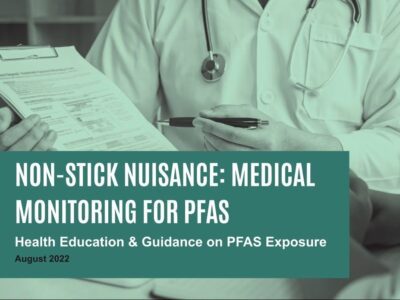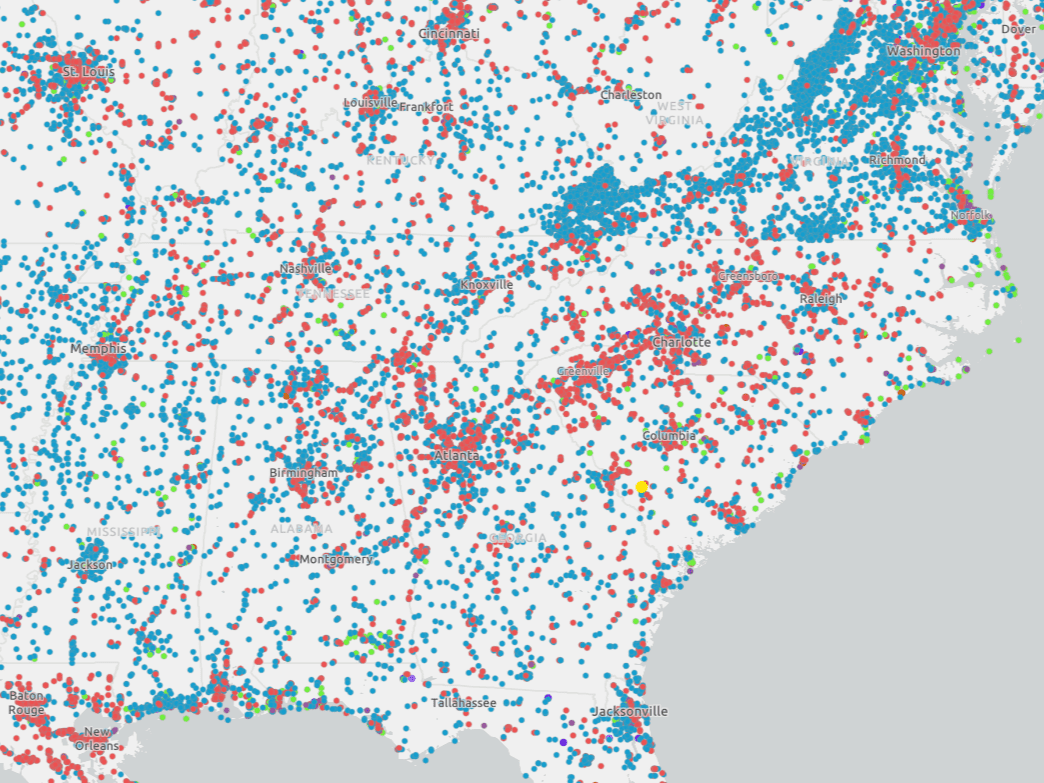Clinicians
Because PFAS are so ubiquitous in the environment and exposures are so widespread, it’s important for clinicians to be informed. Below are resources to help guide you in your practice.

As clinicians, you are on the frontlines when it comes to addressing the health concerns of patients exposed to PFAS and guiding their care. The resources below are designed to equip health care providers with up‑to‑date tools, the latest scientific evidence, and best practices for clinical settings.
Developed in collaboration with a team of clinicians and scientific experts, these materials offer guidance on medical monitoring, prevention strategies, and patient communication. You’ll also find access to a Continuing Medication Education (CME) course on PFAS. Whether you are treating patients, advising families, or contributing to public health efforts, these tools are here to support you in providing informed, evidence-based care.
Resources
-
Medical Screening Guidance – for clinicians
 Medical Guidance
Medical Guidance -
How to Reduce Your Exposure to PFAS
 Fact Sheet
Fact Sheet -
Non-stick Nuisance: Medical Monitoring for PFAS
 Video, Medical Guidance
Video, Medical Guidance -
Blood Testing Labs
 Medical Guidance
Medical Guidance -
PFAS and the Immune System: What Do We Know?
 Fact Sheet
Fact Sheet -
How Can PFAS Affect Your Health?
 Fact Sheet
Fact Sheet
External Resources
- NASEM report on PFAS medical monitoring
- C8 Medical Monitoring Program
- Agency for Toxic Substances and Disease Registry
- American Academy of Pediatrics
- Pediatric Environmental Health Specialty Units
- Mid-Atlantic Center for Children’s Health and the Environment
- Additional links from Nonstick Nuisance
- Alliance of Nurses for Healthy Environments PFAS Toolkit
Explore Our Tools

Exposure Tool
Have you had your drinking water or blood tested for PFAS? Use this tool to help make sense of your results.



